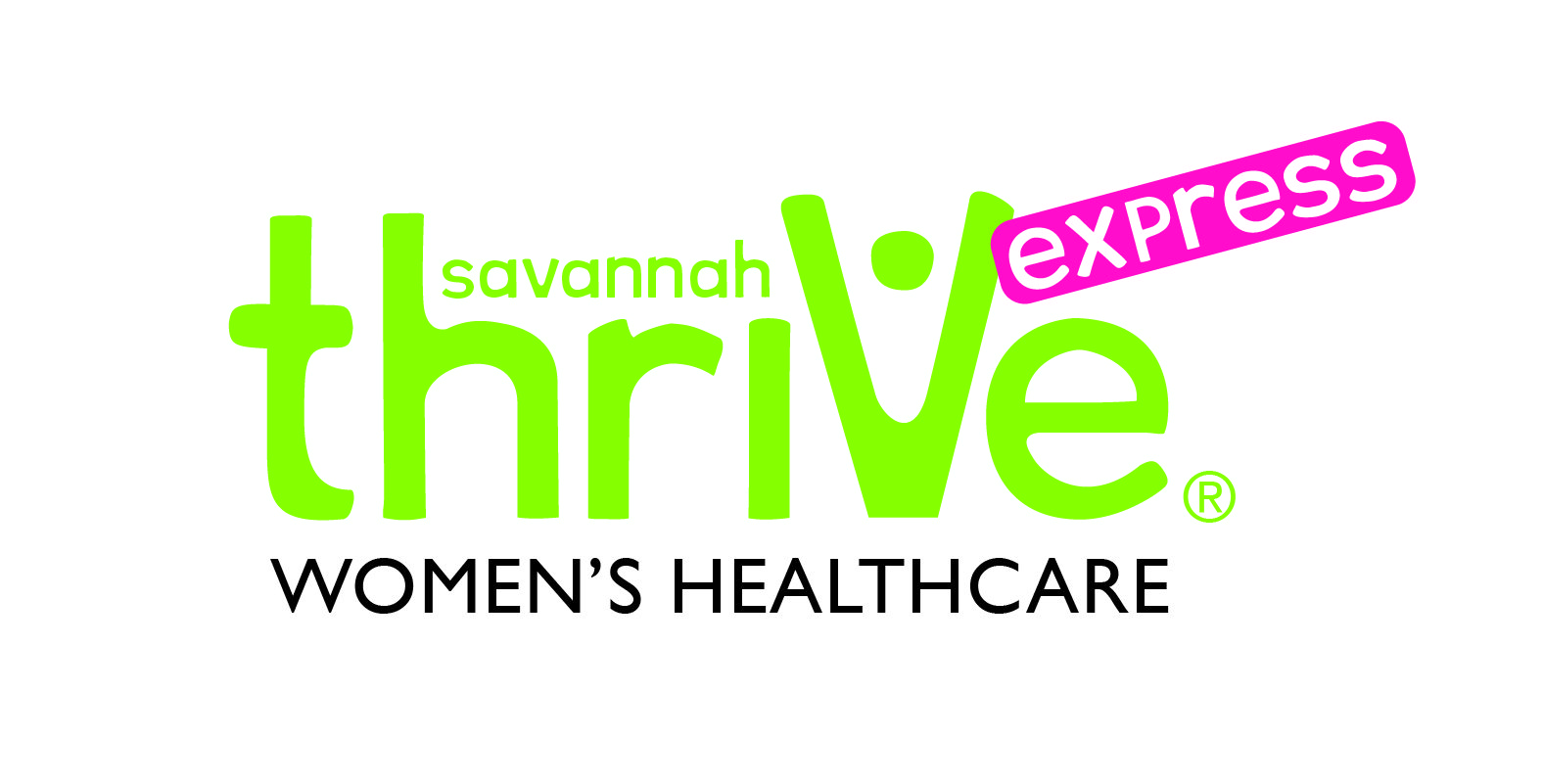Sometimes the journey after abortion isn’t always easy. That’s why taking care of yourself and getting non-judgmental care is essential, especially when dealing with negative emotions and mental health effects during your abortion recovery.
Studies show women who have abortions are 81% more likely to experience mental health complications like depression and anxiety. If you feel like this, you are not alone.
Regardless of whether deep sadness appears immediately after abortion or years down the road, there is hope for healing and full recovery.
While healing looks different for everyone, here are some helpful tips as you begin your healing journey.
3 steps to finding healing after abortion
1. Allow yourself to feel all emotions fully
It can be scary to allow yourself to fully experience the range of emotions you are feeling.
You might feel the tendency to “stuff” your feelings or memories away. Maybe the pain is too heavy, so you find ways to distract yourself and stay busy.
True healing begins when you allow yourself to feel fully. Give yourself permission to take the time and space to feel sadness, grief, guilt, relief, or anger without judgment. This might look like journaling through your emotions or writing a letter to yourself to memorialize your loss.
It’s okay to not be okay, but it’s not okay to stay there. By accepting what you feel when you feel it, you release the possibility of getting stuck in those feelings.
2. Grieve and give it time
Whether you made the decision freely or felt pressured into getting an abortion, it’s okay to recognize it as a loss.
Grieving is a crucial part of healing, and it takes time. While you probably will carry a form of grief with you forever, in time you can ease the pain, start to look toward the future, and eventually come to terms with the loss. Moving forward means you’ve accepted your loss, but it does not mean you have forgotten about it.

Think of grief as a roller coaster. Instead of a series of stages to “get through,” think of it as a series of ups and downs, highs and lows. Like many roller coasters, the beginning tends to be rougher and throughout the ride there are a series of highs and deep lows. In a lot of ways, grief is the same way.
Many women find peace by doing something to honor their lost pregnancy. Something as simple as planting seeds in remembrance is very common and can be helpful. Find something that is meaningful to you and maybe invite a trusted person to join you in support.
There is no set timeline for emotional healing after abortion. There is no right way to grieve, it will be completely unique to you. Give yourself time to grieve and heal.
3. Find a safe place to process what you’re feeling
It is never easy to talk about abortion, especially for those who have been through it.
You may be the only one who knows about the abortion because talking about it is just too hard. Isolation and keeping feelings to yourself might seem like the best way to cope, but it won’t lead to healing.
Find a safe place to process and talk about your experience with someone you trust. This may be your partner, your family, a friend, or even a client advocate trained to help women after abortion here at Thrive Savannah.
Talking to someone who cares about you can help prevent sadness and grief from developing into depression. Healing is possible when you begin to let trusted people in.
Find support and healing after abortion.

You are not alone in what you have been feeling, and you don’t have to be alone as you try to navigate recovery.
For those who experience negative feelings after abortion, support can help speed up recovery and reduce the likelihood of depression.
For one-on-one or group support contact 912-999-7993.
It’s never too late to begin your healing journey. We are here for you.

